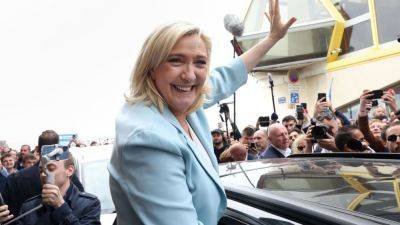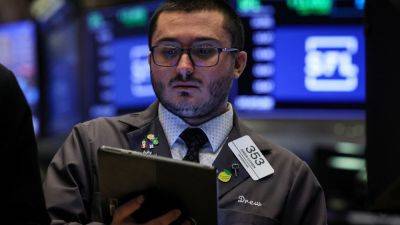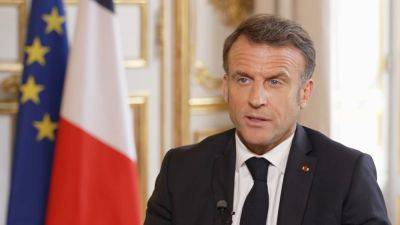Europe’s political earthquakes point to geopolitical shifts
European elections have sent shockwaves through the continent, revealing significant shifts in political landscapes and signaling potential changes in geopolitical dynamics.
The results have been particularly tumultuous for French President Emmanuel Macron and the Green parties across Europe, notably in Germany.
The elections proved especially disastrous for Macron and his allies. Macron’s pro-European coalition suffered a severe defeat, trailing far behind the far-right National Rally (RN) led by Marine Le Pen.
With RN securing 31.5% of the vote against Macron’s 15.2%, the French president was compelled to dissolve the National Assembly and call for early parliamentary elections, slated for June 30, with a second round on July 7. This move underscores the depth of the political crisis in France and Macron’s precarious position.
In Germany, the Greens faced a substantial setback, losing a significant portion of their previous support. The party, once a strong advocate for aggressive climate policies and military support for Ukraine, saw its vote share drop dramatically to 11.9%, down from 20.5% in the previous European elections.
This decline highlights growing public disillusionment with the Green New Deal and the broader Davos agenda, which many voters now reject.
A notable trend across these elections is the backlash against leaders who have supported military involvement in Ukraine. Macron, a vocal proponent of arms deliveries or even the possibility of sending troops to Ukraine, found himself at the losing end as voters increasingly oppose continued conflict with Russia.
This sentiment resonates beyond France, as German voters also turned away from parties advocating aggressive stances towards Russia.
The electoral







